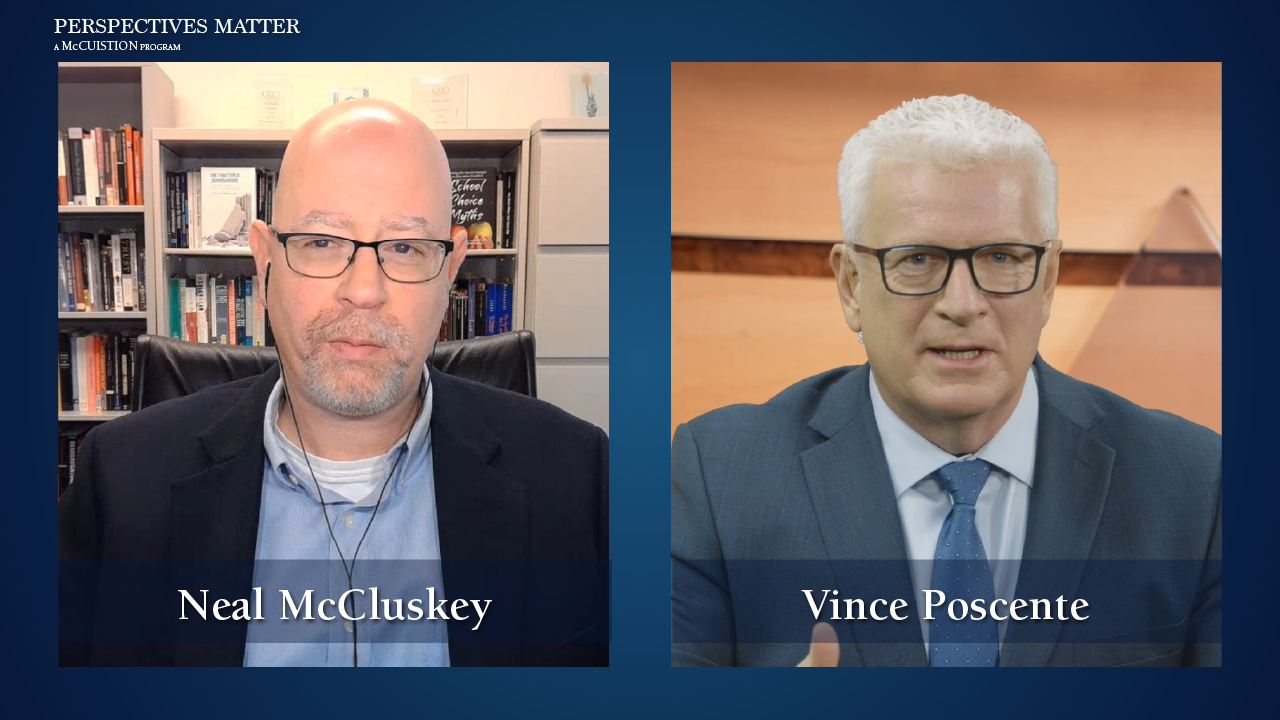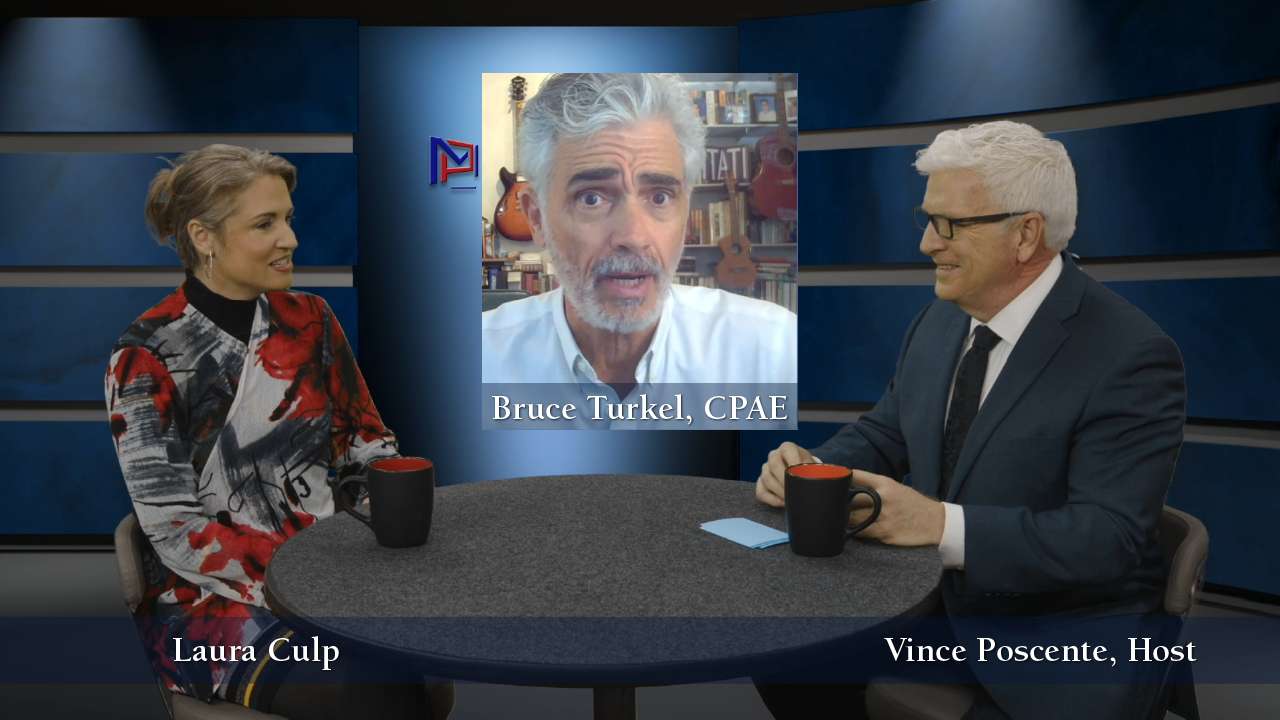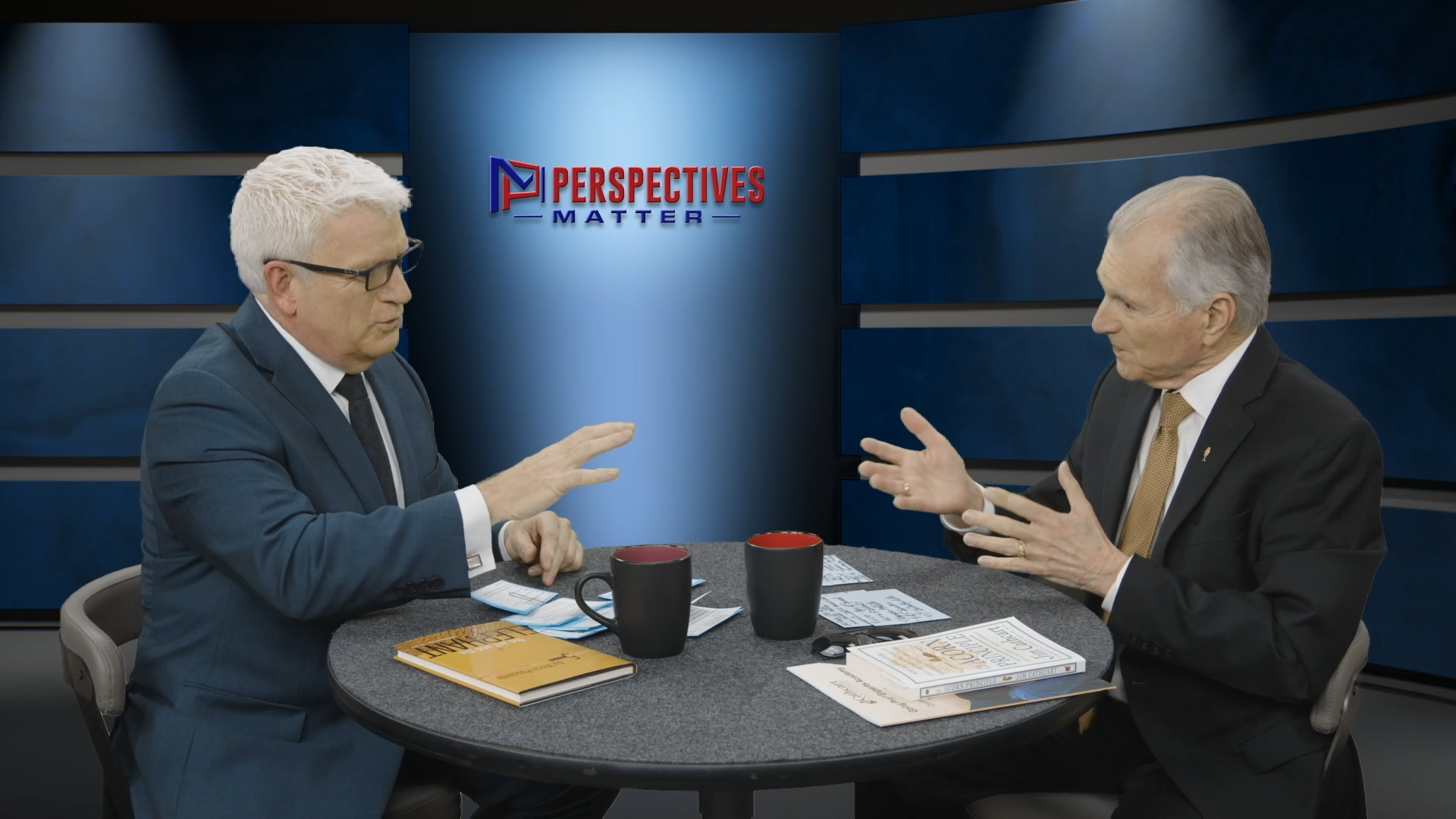Human trafficking is a form of modern slavery where people profit from the control and exploitation of others. It is forced coercion. Exploitation can include prostitution and other forms of sexual exploitation, forced labor or services, slavery or practices similar to slavery, servitude or the removal of organs.
 |
|
Left to Right: Elizabeth M. Wheaton, Niki McCuistion, Kristen Richards, Dennis McCuistion, Shawn McGraw and Rebekah
|
While accurate figures are difficult to access, the International Labor Organization estimates that there are 20.9 million victims of human trafficking globally, including 5.5 million children. Fifty-five percent are women and girls.
There are two primary factors driving the spread of human trafficking: high profits and low risk. This well-hidden, American epidemic involves, from a sex trafficking perspective, at least 100,000 children in the U.S., a $9.8 billion industry. The average age of entry into sex trafficking is 13 years old.
While human trafficking spans all demographics, certain circumstances or vulnerabilities may lead to a higher susceptibility to victimization and human trafficking:
- Runaways and homeless youth
- Victims of domestic violence, sexual assault, war or conflict, or social discrimination
- Foreign nationals who have paid large recruitment and travel fees to labor recruiters
Texas is a hub, #2 in incidences of human trafficking with California being the highest in incidences (Dept. of Homeland Security). The Department of Justice designated the I-10 corridor, which runs from California to Florida, as the #1 route for human trafficking in the US. One-third of this traffic goes through Texas, 1 in 4 victims are transported along I-10, and Dallas/ Ft. Worth, Houston and San Antonio, which has been designated as the Texas triangle, is one of the most prevalent places for trafficking in the country.
Joining host, Dennis McCuistion, are professionals in the awareness and prevention field, including:
- Elizabeth M. Wheaton, PhD – Economist, Senior Lecturer, Cockrell-McKintosh Faculty -in-residence, Southern Methodist University, who talks about the economics of human trafficking. She asks, “if there is no money to be made from human trafficking, would it exist”? Unfortunately there is not good data.
- Kristen Richards – The Director of Volunteers for Traffick911, a nonprofit organization committed to a world without slavery. The organization has been recognized by Homeland Security Investigations as a most-valued partner in the battle to save American children from sexual slavery. Traffick911 has trained thousands of first responders across the country, has safe homes and works in both intervention and prevention.
- Rebekah – A survivor, trafficked for 10 years, who talks about her personal situation and is now an advocate who has dedicated her life to building awareness and prevention of this issue.
- Shawn McGraw – Supervisory Special agent, Immigration and Customs Enforcement, Department of Homeland Security who conducts investigations regarding this crime. He concentrates on North Texas, receiving leads from various sources. He says it is one of the most unrecorded crimes, with victims seeing themselves part of the crime.
Human trafficking happens in our own country, our own backyards. It is imperative we know more about this growing epidemic. Awareness and involvement on everyone’s part is critical. This is not just a law enforcement problem – it is a people problem.
Join us to see how you personally can help.
Talking about things that matter… with people who care.
Niki
Niki N. McCuistion
Executive Producer/Producer
Consultant and speaker:
On Engaging Employees, Organizational Culture, Governance and Strategic Planning
nikin@nikimccuistion.com
(214) 394-6794
***
2205 – 11.23.14






